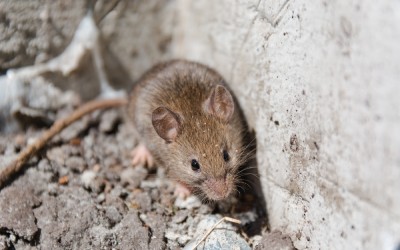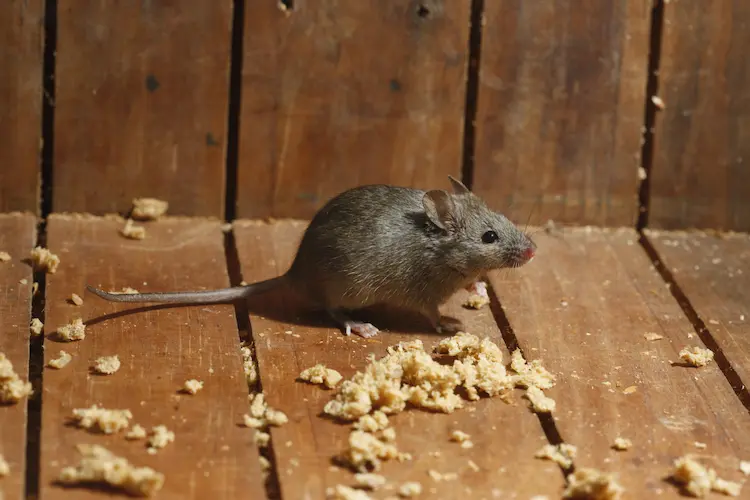As winter approaches, temperatures drop and everyone is just looking for ways to stay warm. This is true for local homeowners as well as pests, particularly rodents. Mice can enter your property through cracks or holes that are even just 5 mm wide (that’s less than ¼ inch) surrounding your property. Although they seem cute, mice are dirty, destructive animals that can harm your property and carry disease.
If you have mice in your home, Inman-Murphy Termite & Pest Control has a group of skilled rodent exterminators who can get rid of your mouse infestation. But if you never developed a rodent problem in the first place, that would be preferable. Here are some methods and tools you can use that may help keep mice away. One word of caution: DIY pest repellents are not as effective as professional rodent control. If you have a rodent infestation, you should contact us for an estimate.
Non-toxic DIY Mouse Repellents
There are several types of simple-to-use DIY mouse repellents. They have the added benefit of being non-toxic. Here are four common strategies for attempting to keep mice away using items you might already have around the house:
Peppermint oil: Mice don’t generally like the strong aroma of peppermint. In order to prevent them from entering, you can put a few drops of the oil on cotton balls, and then scatter them about any potential access sites. Even better, plant mint throughout the perimeter of your property as a mouse-repellent barrier!
Another odor mice detest is that of apple cider vinegar. To preserve the repellent effect, mix it with vinegar and spray it once a month along the perimeter of your home and around potential access points.
Mice are unable to tolerate the scent of fabric softener sheets. Put one of the sheets inside any openings you find that you believe could be entry locations.
Steel wool: Mice can chew through a variety of materials thanks to their strong incisors. But research has shown that they are unable to bite through steel wool. Therefore, if you use the material to cover potential access points, it will prevent them from entering your home.
How to Keep Mice Out
The likelihood of developing a mouse infestation is strongly influenced by whether or not your home is a desirable environment for rodents. When it’s chilly outside, mice want the same things any mammal does: food, shelter, and warmth. They’ll look for any means to sneak inside and stay there if your home has those attributes. This is why it’s important to start your mouse prevention efforts before it starts to get cold. Let’s look at some techniques you might adopt to deter rodents from entering your home:
- Check the dark corners of your home’s interior frequently for evidence of mice.
- Locate every potential point of access into your home and seal or close it
- Keep food covered, sealed, and stored.
- Remove clutter from your home, both inside and outside.
Mice won’t want to stay for very long if there isn’t easy access to food or a quiet, dark location to nest.
When DIY Approaches Fail, Turn to Inman-Murphy
Even if you take all of these precautions, rodents might find their way into your house. If they do, we can help. Since 1999, we have offered rodent extermination services to homes and businesses in the Mid-South TN area. Our rodent pest control technicians are ready to get to work making your home rodent-free. Want to learn more? Get in touch with us today!



